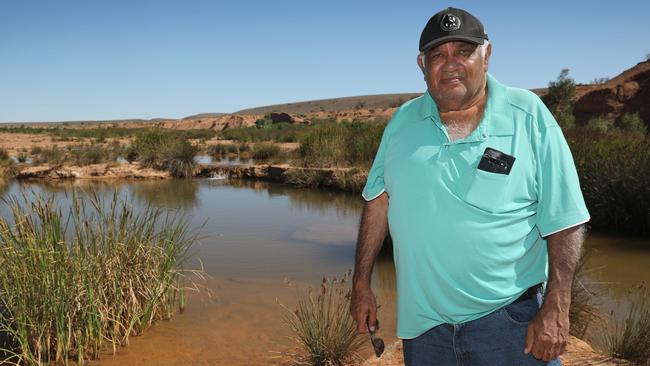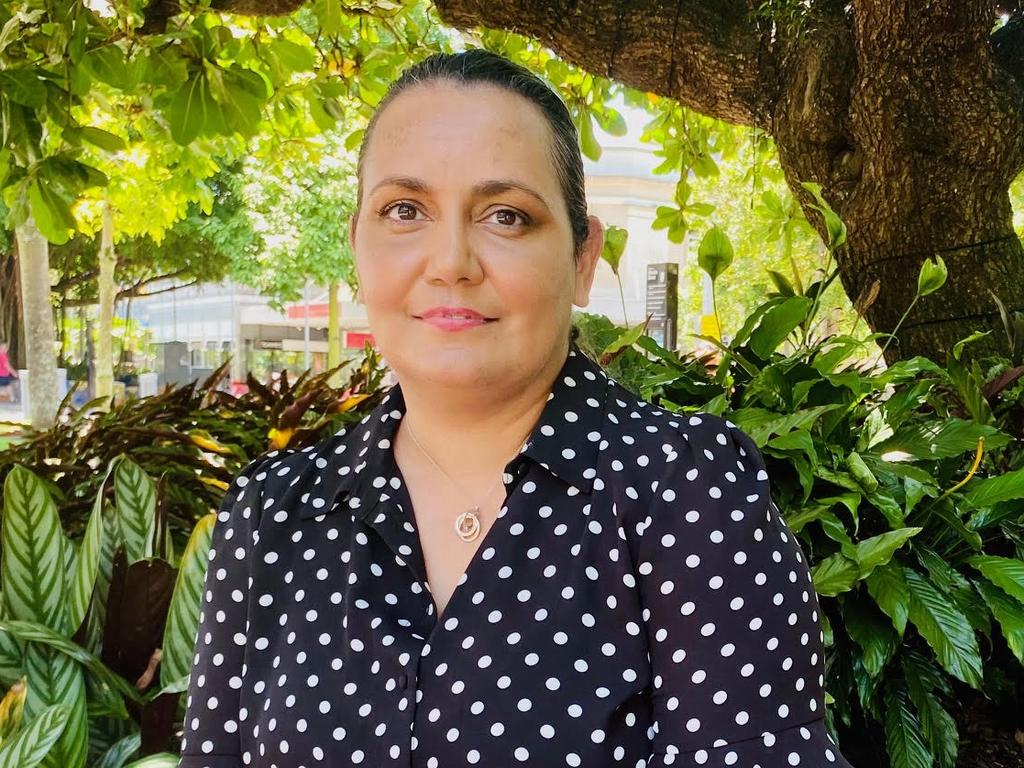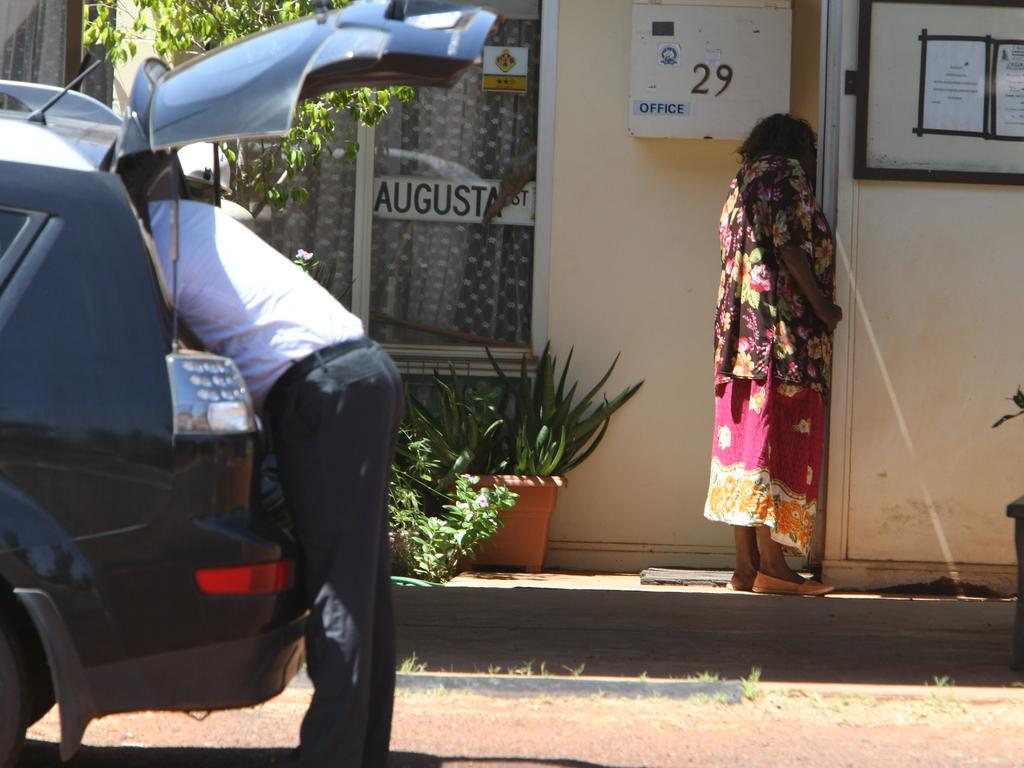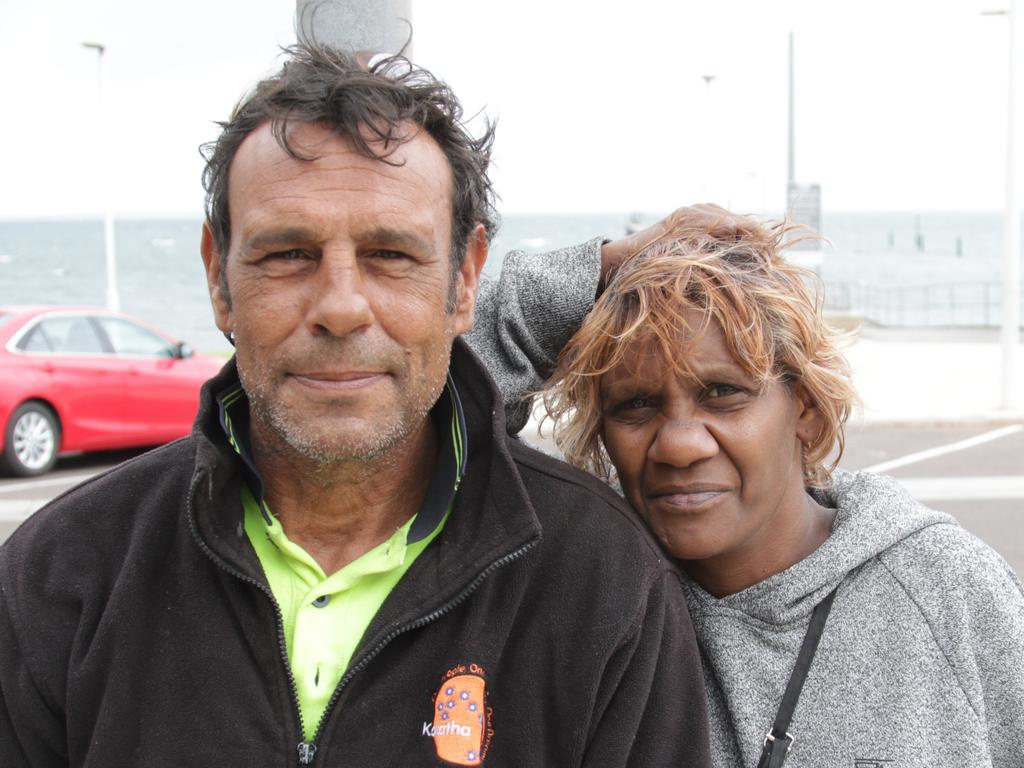Calls for cashless card return in Port Augusta amid crime wave
The collapse of public order in the South Australian town of Port Augusta is reviving the debate as a hard-core element within the Indigenous population struggles with grog and violence.

The collapse of public order in the South Australian town of Port Augusta is reviving the debate about cashless welfare cards as a hard-core element within the Indigenous population struggles with grog and violence.
Port Augusta is a barren but beautiful place known as the Gateway to the Outback. It’s a launch point for campers, four-wheel drivers and camel trekkers heading bush, home to the extraordinary Arid Lands Botanic Gardens, a brilliant showcase of Australian scrub and desert plants.
But in the past few months – with what authorities seem reluctant to recognise as increasing frequency – Port Augusta has become synonymous principally with mayhem.
Last weekend was like many others, with two police attacked and injured while using capsicum spray to control a boozed-up crowd of yahoos who poured out of a local pub at 2am.
Earlier this year a young girl was bashed at a shopping centre. Cars are stolen and joy-ridden almost daily, house break-ins happen frequently, businesses are daubed daily with graffiti, their windows smashed.
Police talk in terms of seasonal crime as the Indigenous population fluctuates. The SA government has linked problems to the drift of people from up north to the town during lockdowns, none with jobs, staying on and listlessly proving the maxim that the devil finds work for idle hands.
One person who has seen and had enough is long-term Port Augusta resident Malcolm “Tiger” McKenzie, who lives with his wife Dorothy in the predominantly Indigenous Davenport community.
They’ve been burgled 15 times in the past 12 months.
As a proud Indigenous man and elder who worked all his life on the railways, then in mining, McKenzie is pained to see so many families off the rails.
“There’s a lot of money supposedly put into fixing these problems but we don’t see a lot of it actually ending up here,” McKenzie tells Inquirer. “The real problem is getting people to have structure in their lives and know the value of work so their children can have something on the table.
“For some people that might have to mean bringing in a welfare card. I’m not saying forever, just until they learn how to take care of themselves and their money and sort themselves out.”
Local member Rowan Ramsey agrees. The Liberal member for the vast northern seat of Grey says he doesn’t want to overstate the problems in Port Augusta, but he is worried some are understating them.
“I don’t think things are yet at the level of Alice Springs, but they are trending,” Ramsey tells Inquirer. “What we are seeing is a breakdown in the social fabric.
“Any sense of family responsibility within the most dysfunctional families is out the door. There have been kids as young as seven running around.”
Ramsey says some of the noble-minded policies being put in place to help troubled families may be having the reverse effect.
One example is the recent expansion of the SA government free school breakfast program, which he fears is having the counterintuitive result of telling derelict parents they don’t need to bother feeding their kids, with evidence locally that children go hungry when the scheme is suspended during school holidays.
Another is the cessation of a work-for-the-dole scheme introduced by the Coalition and aimed at Aboriginal people claiming welfare, cancelled after a legal challenge because it was seen as discriminatory in that it applied only to First Nations people. One big fan of that scheme was McKenzie.
“It was great because it was teaching these young blokes real-life skills, building houses and fences and so on,” he says.
Ramsey says that while it’s not up to him, he hopes the point made by Peter Dutton in his budget reply speech about the merit of cashless welfare cards could be applied as a matter of some urgency in Port Augusta.
“I think the cashless debit card is a powerful tool to help families function,” Ramsey says.
Five hours west of Port Augusta is the town of Ceduna, comparable in terms of population and profile, with a large Indigenous community, members of which took part in the Morrison government’s welfare card trial that quarantined 80 per cent of recipients’ payments for necessities.
The scheme was controversially ditched by the Albanese government and labelled counter-productive, with some research showing crime went up during the period the card was in place, suggesting people were stealing to pay for booze and smokes they could not obtain with their money quarantined.
That argument was dealt a blow when the card was scrapped and the rate of crime almost doubled overnight. South Australia Police data shows 111 offences were recorded in Ceduna – population 3000 – in January. That was almost double the number of offences being recorded when the card was in place, and triple the crime rate from January last year.
It’s not that the Malinauskas government isn’t doing anything. Indeed, it is doing more than the Marshall government did, with Human Services Minister Nat Cook having visited Port Augusta five times since Labor was elected last year, overseeing a new $1.2m community outreach program with roving street teams trying to encourage and help Indigenous people “back to country”.
A further $450,000 has been found for community and youth programs in partnership with SAPOL and the Salvos, with the creation of two new youth worker positions.
In addition, the availability of alcohol has been tightened with bottle shops barred from opening before 11am, limits on cask and fortified wine, and bans on the use of taxis to shuffle booze around town.
“We have really been trying but these are complex problems that involve generational dislocation, isolation from the community, separation from culture and in some cases real family challenges,” Cook tells Inquirer.
“We are focused on building a really strong Port Augusta, which is why we have been up there so often working collaboratively with the community to hear their needs.”
As with her federal counterparts, Cook is steadfast that the last thing Port Augusta needs is the “paternalistic” approach of a cashless debit card.
“There are much better ways of working with communities around financial and food security, budget planning and decision-making than just arbitrarily removing their sense of responsibility,” Cook says. “My view is that we need to teach someone to fish.
“It’s not about coming in, in some punitive way, but working with the many good people in the community that we really hope to turn this around.”








To join the conversation, please log in. Don't have an account? Register
Join the conversation, you are commenting as Logout